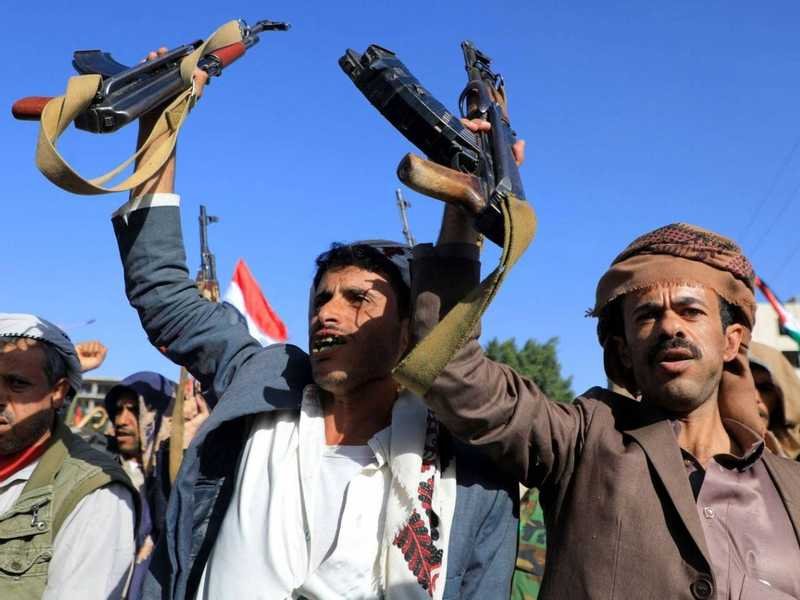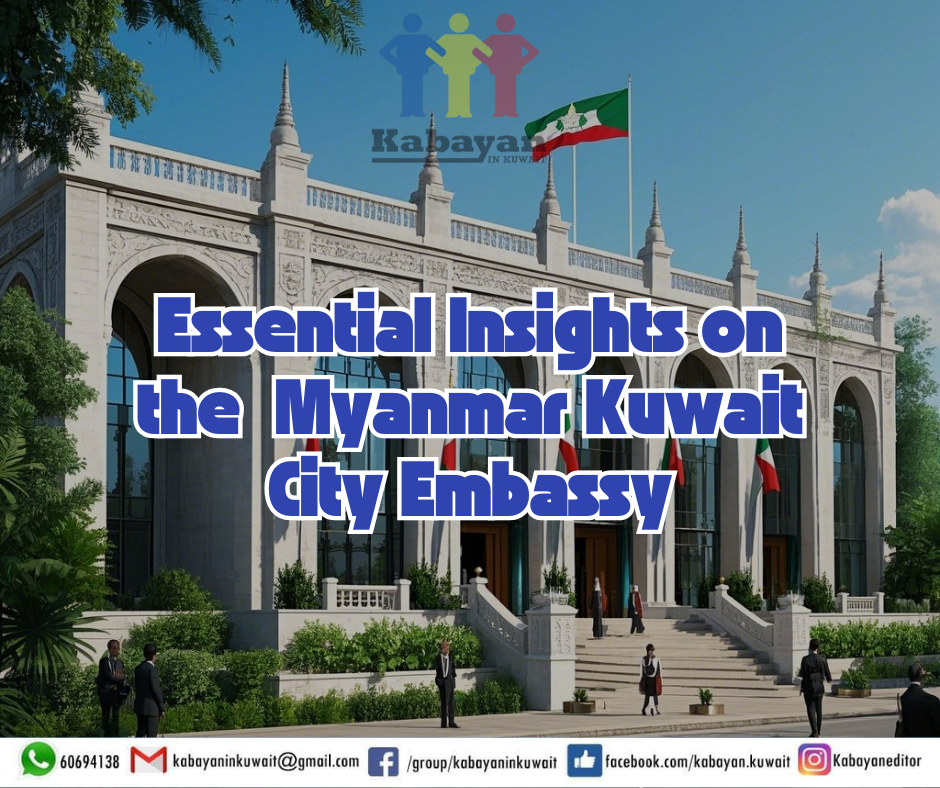The recent US-British strikes in Yemen targeting the positions of the Houthi group have prompted a strong response from the organization. In a statement, a spokesman for the group emphasized their determination to retaliate against what they perceive as aggression from these foreign powers.
“Our response to the American-British aggression is inevitably coming,” the spokesman declared, highlighting the group’s commitment to defending their interests and sovereignty. While the strikes have undoubtedly escalated tensions in the region, it is important to understand the complex dynamics at play.
The Houthi group, also known as Ansar Allah, emerged as a significant political and military force in Yemen during the country’s prolonged conflict. They have been engaged in a protracted struggle against the internationally recognized government, which is backed by a Saudi-led coalition. This ongoing conflict has resulted in a dire humanitarian crisis, with millions of Yemenis facing food insecurity and limited access to healthcare.
The spokesman’s statement also references the militarization of the Red Sea, placing responsibility on those who have contributed to this escalation. It is crucial to note that the Red Sea is a vital international shipping route, connecting Europe, Asia, and Africa. Any disruption to its safe passage can have significant consequences for global trade and the economies of countries in the region.
Moreover, the spokesman’s mention of targeting “Zionist ships” until the aggression against Gaza ceases raises further questions about the Houthi group’s broader geopolitical motivations. While the conflict in Yemen is primarily rooted in local power struggles and regional rivalries, it is influenced by wider dynamics and alliances in the Middle East.
In light of these complexities, it is essential to approach the situation in Yemen with a nuanced understanding of the various actors involved. The Houthi group’s response to the US-British strikes reflects their determination to defend their interests and resist what they perceive as foreign interference. However, it is crucial to prioritize dialogue and diplomatic efforts to de-escalate tensions and find a peaceful resolution to the conflict.
The international community has a responsibility to support Yemen in its pursuit of stability and security. This includes providing humanitarian aid to alleviate the suffering of the Yemeni people and actively engaging in diplomatic initiatives to promote dialogue and reconciliation.
In conclusion, the Houthi group’s pledge to respond to the US-British strikes in Yemen underscores the ongoing complexities of the conflict in the region. Understanding the local context, including the humanitarian crisis and geopolitical dynamics, is crucial in order to foster a peaceful resolution. The international community must play an active role in supporting Yemen and working towards a sustainable solution that prioritizes the well-being and aspirations of the Yemeni people.







